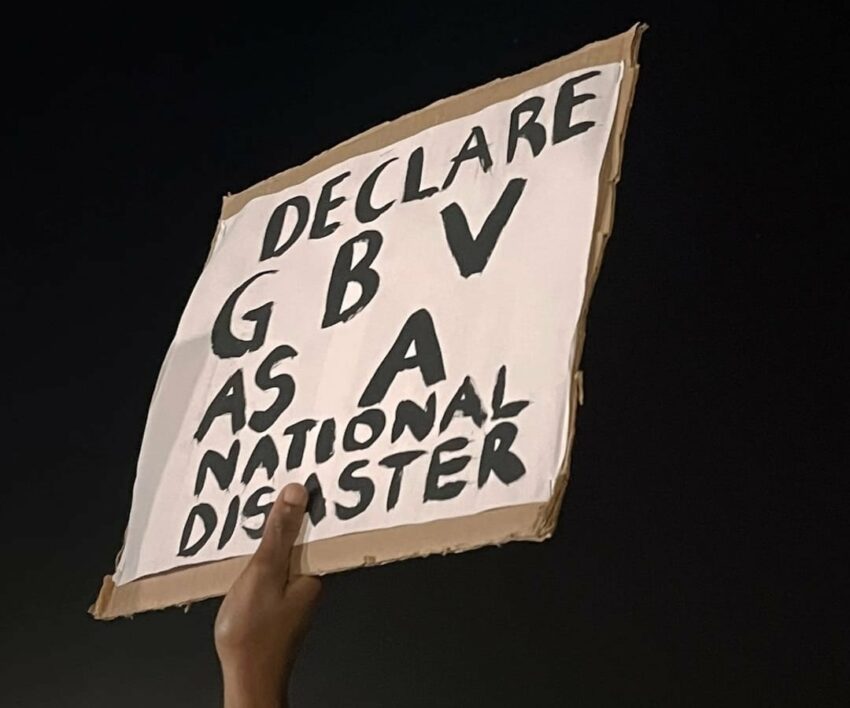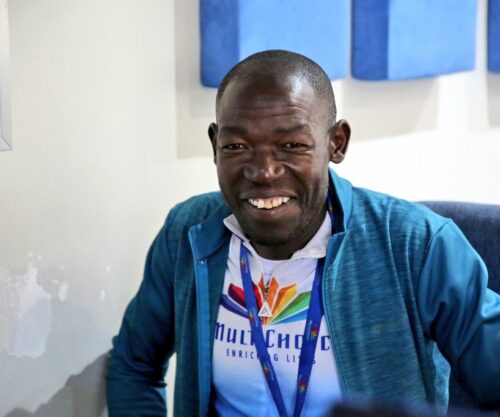
Civil society slams NDMC’s decision as out of touch with reality
South Africa’s battle against gender-based violence and femicide (GBVF) has taken a new turn, with activist group Women For Change (WFC) publicly condemning the government after their call to declare GBVF a national disaster was rejected.
The rejection, delivered by National Disaster Management Centre (NDMC) head Dr Ellias Sithole, argues that the Disaster Management Act (DMA) does not legally allow for GBVF to be classified as a disaster, despite the escalating crisis across the country.
This comes as WFC prepares for a national shutdown on Friday, November 21, coinciding with the G20 summit, a campaign that has already gone viral on social media, with thousands turning their profile pictures purple in solidarity.
View this post on Instagram
NDMC Points to Existing Frameworks
In a letter responding to WFC founder Sabrina Walter, Sithole acknowledged the severity of the crisis but emphasized that disaster declaration is not the right tool.
“Whilst the NDMC is also deeply concerned about the ongoing scourge of GBVF that is plaguing our country, the NDMC must also recognise that the National Strategic Plan on GBVF and various legislative instruments were developed and amended since 2018 to urgently and in a coordinated action, begin to restore the dignity, safety, and equality in society,” he said.
Sithole highlighted that entrenched societal issues, like GBVF, require long-term solutions and collaboration with civil society, rather than emergency disaster measures.
He also invited WFC to engage with the NDMC and the Department of Women, Youth and Persons with Disabilities (DWYPD) for further discussion, stating that the DMA was not designed to tackle systemic social vulnerabilities.
View this post on Instagram
Women For Change Hits Back
Walter reacted sharply to the NDMC’s letter, describing it as “insulting and disconnected from the lived reality of women in South Africa.”
She criticised the government’s reliance on existing frameworks, such as the National Strategic Plan, which she claims have failed to deliver accountability or meaningful change.
“In 2019, during the first Presidential Summit on GBVF, Cyril Ramaphosa committed R21 billion over five years to implement the National Strategic Plan on GBVF, a plan that promised coordination, accountability, and measurable change. Five years later, there is no transparency,” Walter said.
For Walter and many in civil society, NDMC’s technical explanation is a stark reminder that legal frameworks often fail to keep pace with the human toll of the crisis.
Public Support and the Road Ahead
The push by WFC has resonated widely online. Thousands of social media users have shown solidarity with the campaign, highlighting the growing impatience among citizens with government inaction on GBVF.
The upcoming November 21 national shutdown is expected to put further pressure on authorities, aiming to draw attention to what WFC describes as a nationwide emergency ignored by bureaucracy.
Walter insists that the fight is not over: “We will continue to demand action, transparency, and accountability. Women’s lives are at stake, and ignoring the crisis is no longer acceptable.”
While the NDMC maintains that GBVF cannot be declared a disaster under current law, Women For Change and its supporters argue that the human cost and systemic failure demand urgent, extraordinary action. The coming weeks will test whether civil society pressure can push the government from legal technicalities toward meaningful, life-saving intervention.
Source: IOL
Featured Image: X{@YouthVillageSA}




